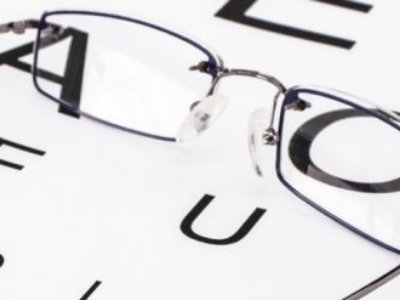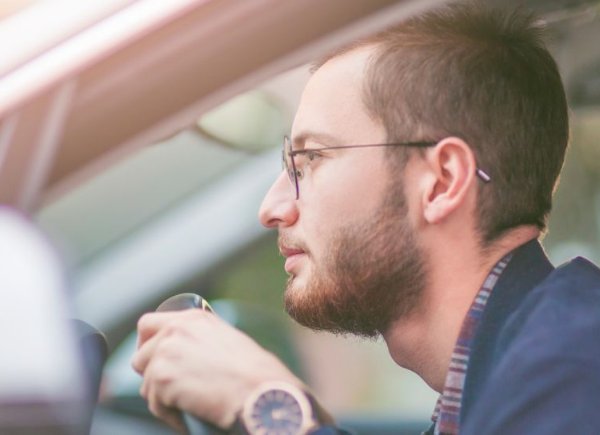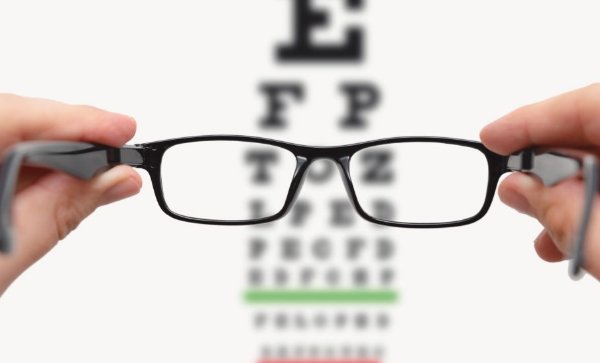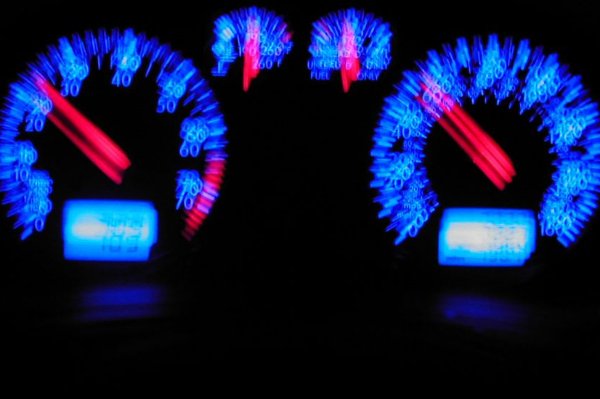
Eyesight For Driving: Are You Safe To Drive? | Autozone UK
You must inform DVLA if you have any eyesight problems that affect both of your eyes, or the remaining eye if you only have one.
But it’s not required to mention if you have long or short-sightedness, is colour-blind or had surgery to correct your eyesight problem.
So what are the standards of vision for driving?
According to the GOV.UK website, you must be able to read a car number plate that was made after September 1st 2001 from 20 metres. You can still meet the standards of vision driving if you can read the number plate with glasses or contact lenses.
You must also:
- Have a visual acuity of at least decimal 0.5 (6/12) as measured by the Snellen scale, with glasses or contact lenses if necessary.
- Have an acute field of vision


How can i test my vision for driving?
If you’re concerned about your eyesight and need to test it immediately, try to read a car number plate from 20 metres away before seeing an optician.
At the moment, the only time your vision is officially tested for driving is during your practical driving test. You’ll be asked by your instructor to read a number plate that is 20 metres away.
While it isn’t currently a law that drivers must have their eyesight tested regularly to ensure that they meet the legal vision standards, it’s good practice to be aware of the health and condition of your eyesight.
You can have your eyesight assessed by an optician yearly, and they can also inform you if you have a good field of vision.
What are the risks of driving below the legal eyesight standard?
Since most individuals who take their practical driving test will be young, it’s likely that their eyesight will be in good health and be able to read a number plate from 20 metres away without issue.
But as drivers age, it’s also likely for their eyesight to fall below the legal standard without the help of glasses or contact lenses.
A driver with poor eyesight is more likely to
Miss any hazards and fail to react to them
Driving at night can be increasingly difficult, as eyes will strain during dark driving conditions, and headlights from other drivers could be dazzling
There’s the potential to miss any loose gravel, debris, potholes and mud on the road which could result in skidding or making sudden stops

What should you do if your licence is revoked because of your eyesight?
You will need to take and pass an eyesight test at a DVSA-accredited testing centre, as this means that you can have your vision checked and corrected before you reapply for a licence.
We hope that you have found this article useful and helps you to understand the importance of meeting the legal eyesight standard and why you should consider having your eyes tested regularly.
Please provide your details below and a member of our team will be in touch
Your current car
By providing your details you consent to us being able to contact you using the methods given above. Read more.
Fill in your details below and a member of our team will be in touch
By providing your details you consent to us being able to contact you using the methods given above. Read more.


